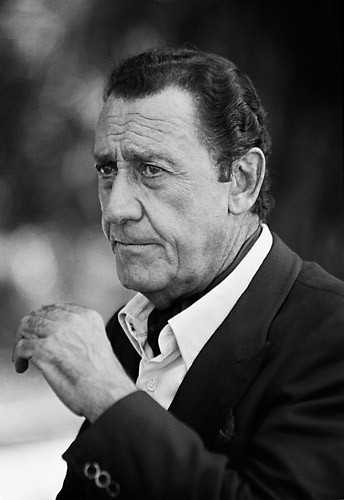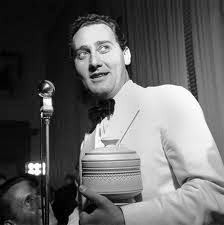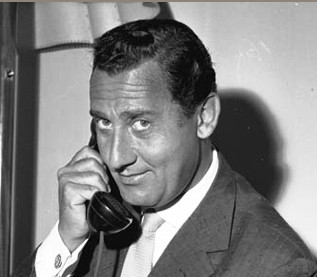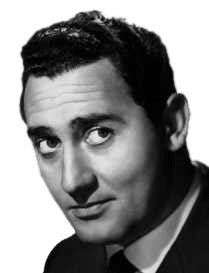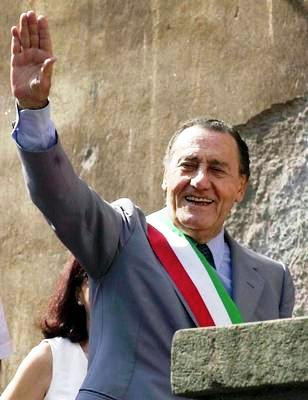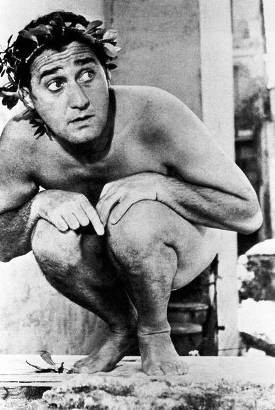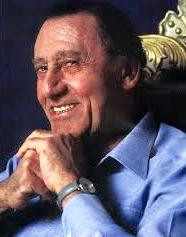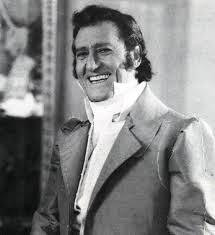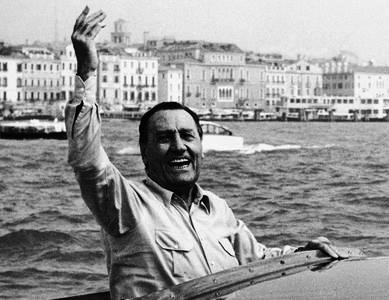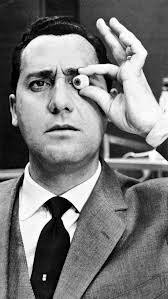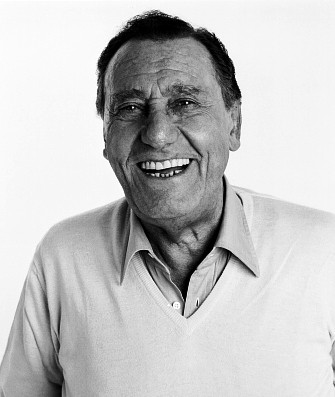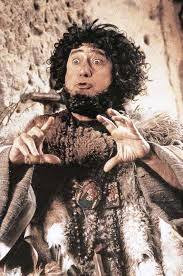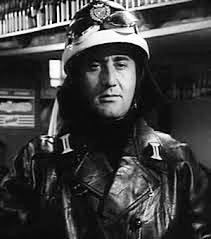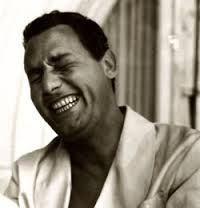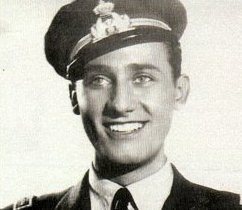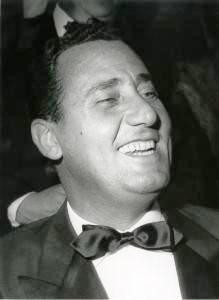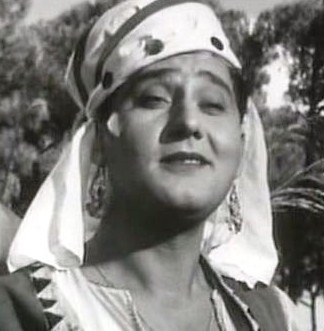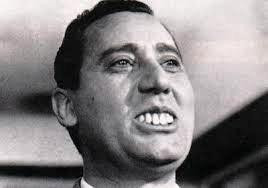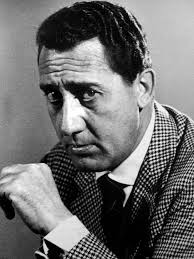Alberto Sordi
Настоящее имя: Alberto Sordi
Об исполнителе:
Italian actor and film director, also dubber (born June 15, 1920, Rome, Italy - died February 24, 2003, Rome, Italy), considered one of the greatest Italian actors. Alberto Sordi began his cinematic career as the Italian voice of Oliver Hardy, a role in which he captured the pronunciation difficulties of Anglo-Saxons when first getting to grips with the Italian language. He ended it as a comic icon for his portrayal of the vices, vanities and foibles of his fellow countrymen. His career spanned 65 years and almost 200 films and represented the evolution of petit bourgeois Italy as the country moved from economic depression after the Second World War through the boom years of the 1950's and the radical social transformations of the 1960's and 1970's. Sordi is perhaps best remembered in Italy for the role of an uncouth Roman youth obsessed by American culture in the 1954 film Un Americano a Roma ("An American in Rome"). Having proved his transatlantic allegiance by consuming generous quantities of alien foodstuffs such as mustard, yogurt and marmalade, he finally gives in to his true instincts and devours a mountain of spaghetti. The actor's comic roles were generally those of anti-heroes, pillorying the vulgarity, provincialism and cynicism of his fellow Italians as economic success gave them new airs. "The personality that made Sordi famous was born of him, it wasn't written for him by any screenwriter," said Mario Monicelli, who directed the actor in three of his most successful films. It was his idea to create the portrait of an Italian who was overbearing and scheming, corrupt and cowardly. Sordi imposed that character on all Italians, making them laugh at themselves but, above all, allowing him to effect a not insignificant change in the character of the Italians. Alberto Sordi was born in 1920 in the Trastevere quarter of Rome to a concert musician and a teacher. He remained firmly attached to his Roman roots and delighted in using the uncultured "romanesco" accent in depicting many of his rough-hewn characters. His success achieved on the back of these lowbrow roles was something of a sweet vendetta for him; he had been expelled from an acting academy in Milan because of his accent. He first appeared on stage at the age of 10, and sang in the choir of the Sistine Chapel. His first professional venture came in 1936, when he made a recording of children's songs. Having won an Oliver Hardy look-alike competition while in his teens, he dubbed the comedian's voice for Italian cinema in the late 1930s and 1940s. This role proved so popular that he adapted it for the stage, offering Italian theatre-goers a meeting with the "real" Oliver Hardy. This was followed by a number of minor acting roles, as well as his first significant part, in Mario Mattoli's I Tre Aquilotti (The Three Pilots, 1942). His career began to take off when he worked with Federico Fellini, in the film Lo Sceicco Bianco (The White Sheik, 1952) and I Vitelloni (The Young and the Passionate, 1953). Language difficulties prevented him from exporting his Italian success to Hollywood, but he played opposite David Niven in the 1961 war film The Best of Enemies and as the Italian pilot Count Emilio Ponticelli in Those Magnificent Men in their Flying Machines in 1965. In that year Sordi tried his hand for the first time behind the camera, directing Fumo di Londra (Smoke Over London), but as a director he never matched the acclaim that accompanied his acting career. Sordi was one of relatively few Italians who could truthfully state, "I once had that [Giulio] Andreotti in the back of the cab." The seven-times prime minister agreed to play himself as a customer of Sordi's Roman taxi driver in Il Tassinaro (The Taxi Driver, 1983), which Sordi also directed. Sordi's later films revealed a less sure sense of the pulse of a more sophisticated Italian society. Sordi acquired something of a reputation for stinginess. Much of it may have been due to his refusal to throw the lavish parties customary in the film world. True to the characters he represented on screen, he preferred to stay at home for a quiet game of cards with his brother and sister.
